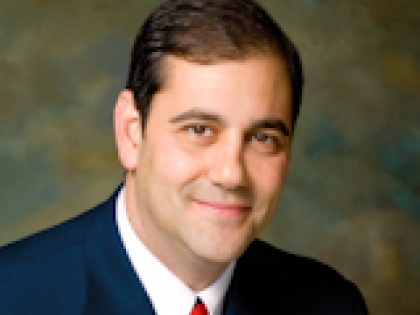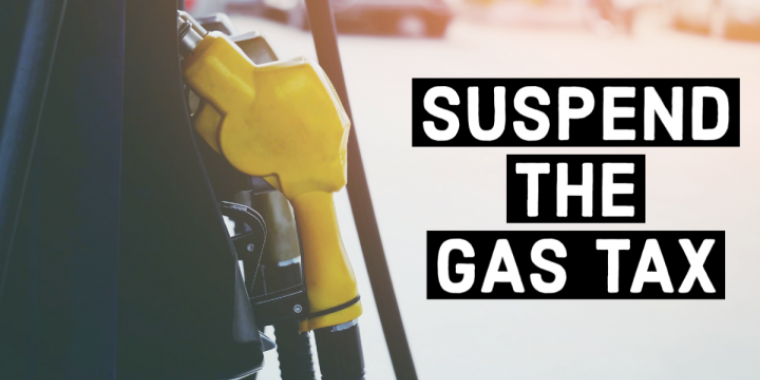
Cold Weather Tips- Learn more about how you can protect your health when it is extremely cold
Andrew J Lanza
January 7, 2011
- The World Health Organization recommends keeping indoor temperatures between 64 and 75 degrees Fahrenheit for healthy people. The minimum temperature should be kept above 68 degrees Fahrenheit to protect the very young, the elderly, or people with health problems.
- Watch out for signs of hypothermia. Early signs of hypothermia in adults include shivering, confusion, memory loss, drowsiness, exhaustion and slurred speech. Infants who are suffering from hypothermia may appear to have very low energy and bright red, cold skin.
- When outside, take extra precautions to reduce the risk of hypothermia and frostbite. In high wind conditions, cold weather-related health problems are much more likely. Be sure the outer layer of clothing is tightly woven to reduce body-heat loss caused by wind. If you will be spending time outside, do not ignore shivering - it is an important first sign that the body is losing heat and a signal to quickly return indoors.
- Since cold weather puts an extra burden on the heart, if you have cardiac problems or high blood pressure, follow your doctor's orders about shoveling or performing any strenuous exercise outside. Even otherwise-healthy adults should remember that their bodies already are working overtime just to stay warm, and dress appropriately and work slowly when doing heavy outdoor chores.
Stay safe while heating your home
- Take precautions to avoid exposure to dangerous levels of carbon monoxide.
- Carbon monoxide (CO) is a potentially deadly gas. It is colorless, odorless, tasteless and non-irritating. It is produced by burning fuels such as wood, oil, natural gas, kerosene, coal and gasoline.
- Symptoms of carbon monoxide poisoning are similar to the flu but do not include a fever. At lower levels of exposure, a person may experience a headache, fatigue, nausea, vomiting, dizziness, and shortness of breath. Exposure to very high levels of carbon monoxide can result in loss of consciousness and even death.
- The rising costs of natural gas and oil heat may lead many New Yorkers to use alternative home heating methods to reduce their fuel bills this winter – but wood stoves, space heaters, electric heaters, kerosene heaters and pellet stoves can be dangerous unless proper safety precautions are followed.
- Never try to thaw a pipe with an open flame or torch and be aware of the potential for electric shock in and around standing water. To keep water pipes from freezing in the home let faucets drip a little to avoid freezing, open cabinet doors to allow more heat to get to un-insulated pipes under a sink or appliance near an outer wall. Keep the heat on and set no lower than 55 degrees.
Getting help if your apartment, workplace, school or day care is too cold for comfort
If you are cold in your building, first discuss the problem with the building owner, landlord, property manager or maintenance staff. Some regulations, codes or other legal protections may apply in your situation to ensure that adequate heat is available when temperatures dip. The actual temperature requirement will vary depending on what kind of space is involved. If additional help is needed:
- For rented homes, apartments or businesses that are below 68°F, call your local building department.
- For classrooms that are below 65°F, call the New York State Education Department at (518) 474-3906.
- For daycares that are below 68°F, call 1-800-732-5207.
- For resident areas in nursing homes (rooms, dining hall, activity areas, etc.) that are not maintained at a comfortable level, call the NYS Department of Health Division of Quality and Surveillance for Nursing Homes at (518) 408-1282.
Getting help with heating bills and reducing energy costs
If you are having trouble paying your bills this winter, you can call or visit the NYS Home Energy Assistance Program (HEAP) website or Hotline at 1-800-342-3009.
- For consolidated information on assistance in paying heating bills and ways to make your home energy efficient you can visit the website Heat Smart New York or call the number toll free at 1-877-NYSMART (1-877-697-6278).
- For one-stop shopping information about steps to take to conserve energy, manage utility bills, and stay warm, visit the Public Service Commission's web site. To compare prices of various electric and natural gas providers in your area, see Power To Choose http://www.newyorkpowertochoose.com/
- If you would like to make your home more energy efficient, which would help reduce heating and cooling bills, find out your eligibility for services through the Weatherization Assistance Program (WAP). To learn more about this program, call 1-866-ASK-DHCR (1-866-275-3427).
Additional resources for help this winter
- Warm, inexpensive clothing may be available from local charities and thrift stores.
- Check the yellow pages in your phone book under "Charities" to find a listing of the organizations in your area that may be able to help with everything from clothes to food to weatherization services to other support.
Share this Article or Press Release
Newsroom
Go to Newsroom
Senator Lanza 2021 Veteran Hall of Fame
November 11, 2021


